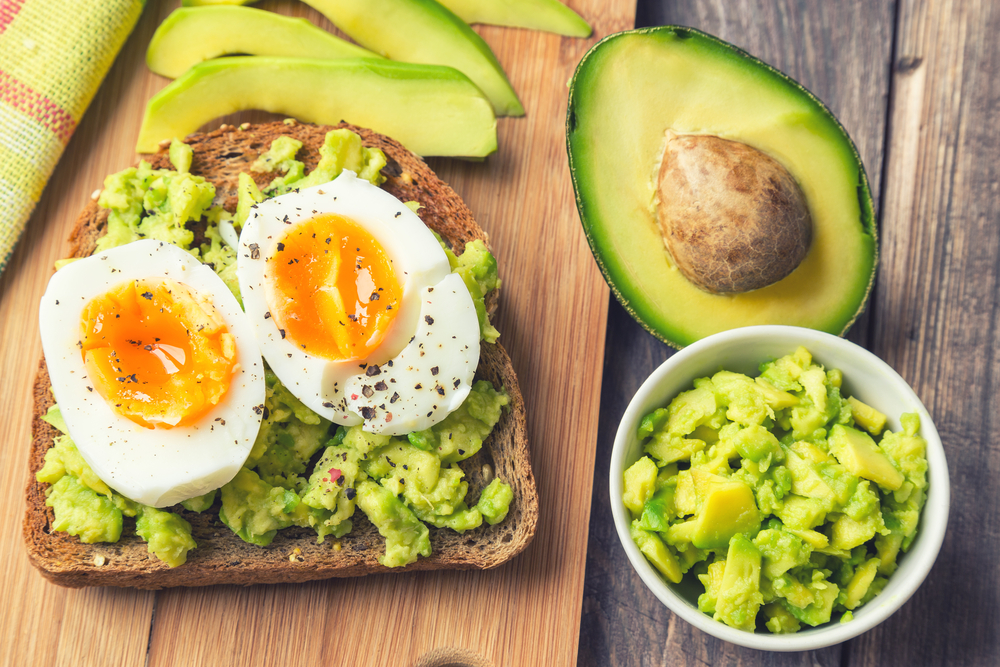OMG – What is that toast doing in there!!!!! Somebody kill someone. Yelling!
“Overall, current interest in low-carbohydrate/high fat diets for sporting performance is largely based on enthusiastic claims and anecdotes rather than a strong evidence base. Although adaptation to a low carb high-fat diets increases the muscle’s capacity to utilize fat for fuel, this does not appear to enhance exercise capacity or performance…The primary concern with low carb high-fat diets for performance is an almost universal finding in the literature that such diets lead to a reduction in the ability to perform high intensity exercise…There are certain circumstances where low carb high-fat diets may be of benefit, or at least not detrimental to sporting performance, including prolonged sub-maximal exercise where there is no requirement for high intensity efforts.”
-Tim Rowland MSc from a phenomenal write-up in Aragon’s Research Review.
Fat is hot right now. Sugar is the devil.
It’s not that simple. It never will be, but simple sells.
The problem I see most often right now is mixed energy system athletes trying to fuel two a days and an active lifestyle on one sweet potato because they are petrified of carbohydrates from internet. That is criminal and a constant distress on the human body, because you are not giving the substrate it needs to do what you are asking. Please don’t try to do everything all at once. You are going to jog, thruster, and kale salad your way off a cliff, even if you are a Super Nube.
Thus, unless your sport is running ultra-marathons or punching buttons on the remote you need carbohydrates. How much? That depends on a lot of factors and that’s where you have to individualize timing, type, and dosage as well as stepping out of the black and white.
But Ketogenic diets are better for satiation?
Maybe
“Absolute changes in appetite were small…Ketosis appears to provide a plausible explanation for this suppression of appetite. Future studies should investigate the minimum level of ketosis required to achieve appetite suppression during ketogenic weight loss diets, as this could enable inclusion of a greater variety of healthy carbohydrate-containing foods into the diet.”
-Johnstone et al.
…ketogenic diets are also the absolute hardest for the general population to maintain and remember the name of the game in nutrition – Adherence. Adherence. Adherence. The only people that tend to be able to maintain ketogenic diets are the ones yelling how awesome they are and everyone else is left questioning their self worth over a bag of Ho Hos.
But Ketogenic diets are better for weight loss?
In ad libitum settings maybe, kind of, yes, in metabolic wards not so much.
“The isocaloric Ketogenic Diet was not accompanied by increased body fat loss over a high carbohydrate diet, but was associated with relatively small increases in EE that were near the limits of detection with the use of state-of-the-art technology.”
-Hall et al.
If you are an athlete please don’t read a book for obese Americans and overhaul everything you do. If you are an overweight American, you can call yourself an athlete, but that doesn’t mean you get to eat snickerdoodle ice cream after you go for a pleasant walk around the block.



Recent Comments